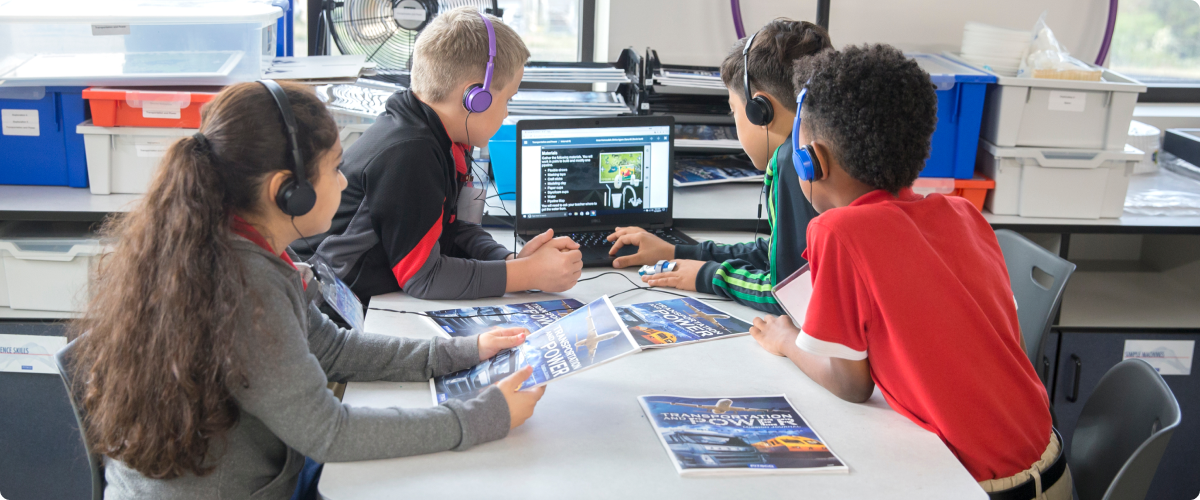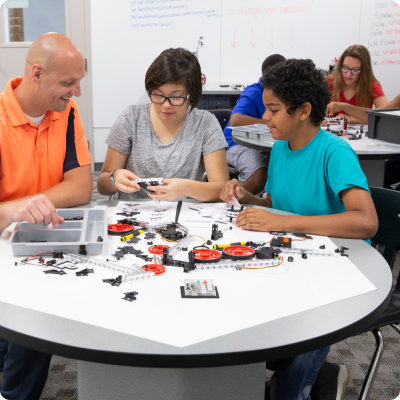Our Learning Philosophy
“What will you bring to the world?”
Students can’t hope to answer this question if we haven’t first brought the world to them. Teaching with Pitsco is putting a piece of the world in students’ hands and asking, “How does this apply to your life?”
Hands-on exploration and problem-solving reach across the curriculum and connect the classroom to careers. This has been a guiding ideal in Pitsco’s philosophy since the company’s founding more than 40 years ago, well before STEM had a name.
The true building blocks of our products and curricula aren’t balsa wood or robotics parts or multimedia presentations or even robust standards correlations, though all of these play a part. The true building blocks are shared experiences that engage hands and minds. These are what impart the next-generation skills that will serve students in life.
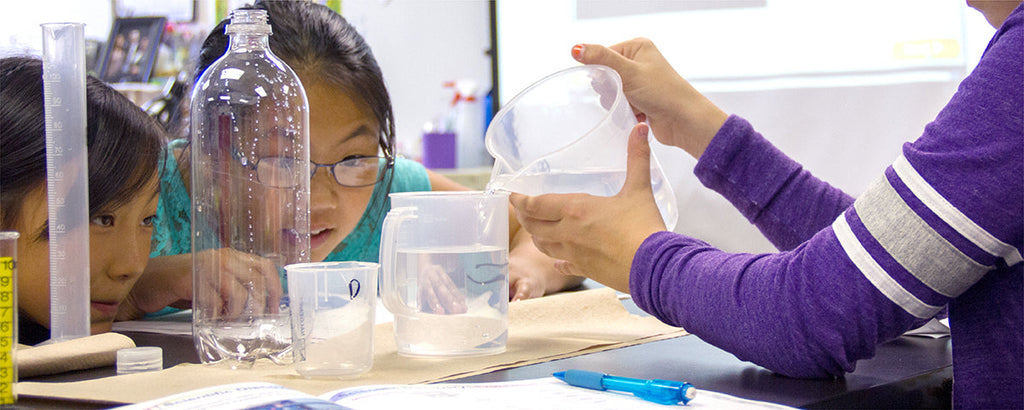
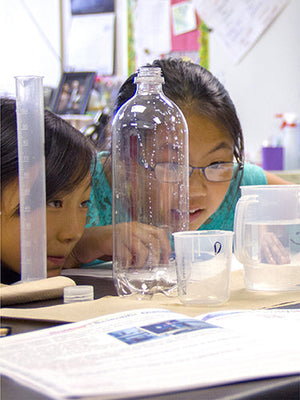
Future-Relevant Learning
Our experience tells us that the best way to educate students and prepare them for college and careers is to provide socially interactive, learner-centric environments where they can exchange and test ideas, work with others, and lead open-ended projects. We know it’s more than just content acquisition – it’s helping students develop perseverance, collaboration skills, and a growth mind-set.
This experience is rooted in and supported by research-based, future-relevant learning frameworks that form the foundation of our products and curriculum. We integrate the tenets of these frameworks into our development process to ensure we provide the resources schools need to help students develop the transferable skills required for success in life in an ever-changing world.
State and national learning standards are designed to bring consistency across demographics and clearly define mastery in content disciplines. Pitsco Education products, activities, curriculum, and solutions are built to address these standards and ensure students effectively acquire and retain knowledge.
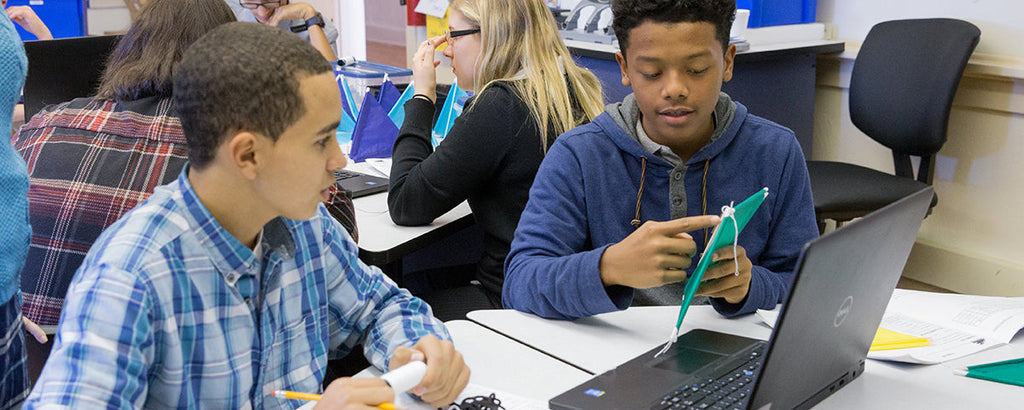
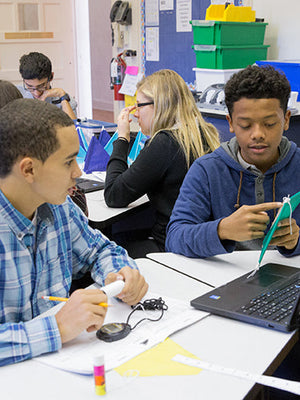
Developing Workforce-Ready Skills
Self-directed learners become self-directed workers. Employers increasingly want employees who demonstrate initiative and skill when communicating, performing technical duties, and creatively solving unexpected problems. Students in a Pitsco lab or classroom are the drivers of their own progress, whether working in pairs or with the whole class. The ownership they take over their projects in school is the foundation for the ownership they will take over their projects in their careers.
“She walked in, and he was at the workstation dissecting owl pellets. The lady looks at me and says, ‘That’s my kid who’s been kicked out of three schools. What’s he doing?’ Well, he’s dissecting owl pellets, he’s learning. She was like, ‘How did you get him to do it?’ We didn’t get him to do that. It’s a self-engaging program, and the teacher is just facilitating. It’s pretty cool to see that.”








